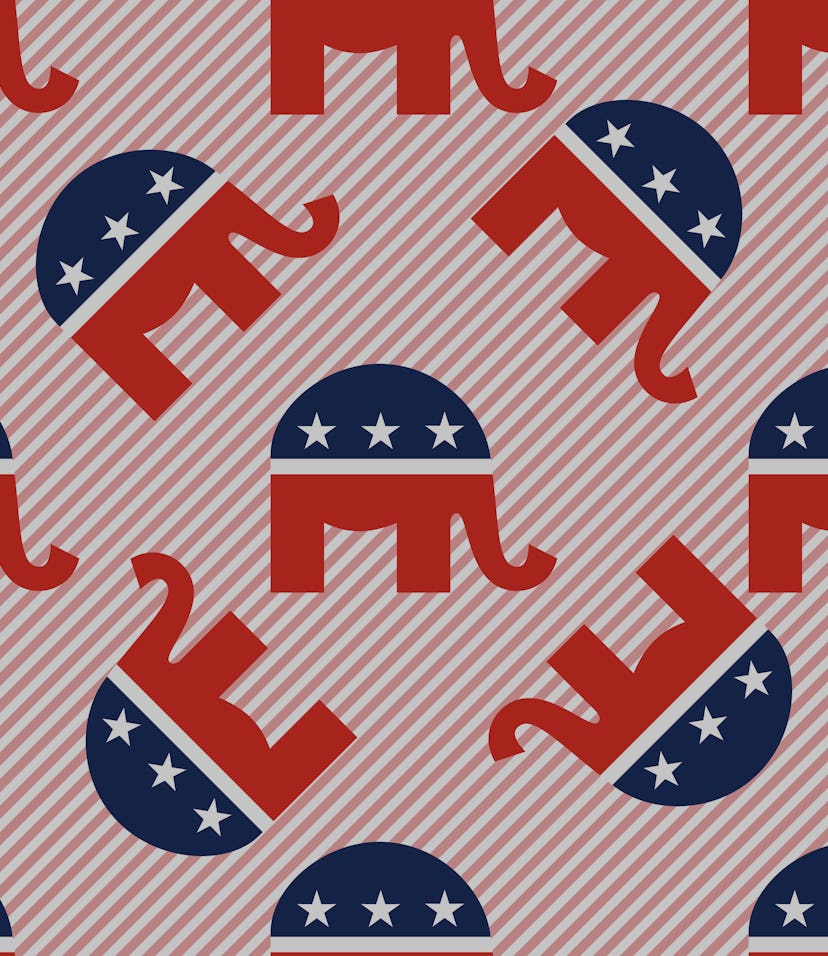Culture
Political ads will resume on Facebook right after Election Day, even if results aren't out
Facebook's ad regulation is pockmarked with loopholes.

Facebook's advertising policy can easily create a massive headache for the company — and millions of Americans — with the upcoming 2020 presidential election. In a confirmation given to Fast Company, the world's most populated and powerful social network has said that political campaigns will have the ability to run ads beginning November 4, immediately after Election Day.
On its surface, the confirmation sounds fairly typical; social media networks tend to have policies around ad placements, especially during heated political events. But in the mercurial context of the United States, Mark Zuckerberg's approach toward political ads is ripe for abuse and mass disinformation. Opening these ads back up so soon means that, if Donald Trump's political campaign chooses to, it can easily announce an unsubstantiated or premature victory.
How we got here — On September 3, Zuckerberg uploaded a lengthy explanation of Facebook's ad policy in the light of political campaigns. According to the CEO, campaigns would not be allowed to run ads a week prior to the November election day.
"This election is not going to be business as usual," Zuckerberg said. "We all have a responsibility to protect our democracy. That means helping people register and vote, clearing up confusion about how this election will work, and taking steps to reduce the chances of violence and unrest." Facebook would also stick "information label" on posts in order to give users a clear indication of whether or not the claim made in that content is at all true. But the problem is that its cut-off time still allows politicians, including those running for House and Senate positions, to declare early victories without confirmation.
Such an approach seriously compromises election integrity and has the potential to encourage mass tension and polarize partisan supporters on both Republican and Democratic sides. What's even more concerning is that Zuckerberg has stated that there will be no changes made to the ad policy in order to "ensure there are clear and consistent rules." It just so happens that the clarity and consistency comes at the potential expense of accuracy. That said, this is nothing new for a social network that became a source of controversy, manipulation, and discord during the 2016 presidential election.
Learn from Pinterest — Pinterest is nowhere near Facebook's status in terms of user traffic or political relevance. But the internet's colorful virtual board has been refreshingly proactive about political campaigns, including demonetizing pages with election-related material, removing ads for election results, and not allowing political candidates to use its website. It is the complete antithesis of what Zuckerberg is doing, and it could teach him a lesson or two about nipping chaos in the bud instead of perpetuating it.